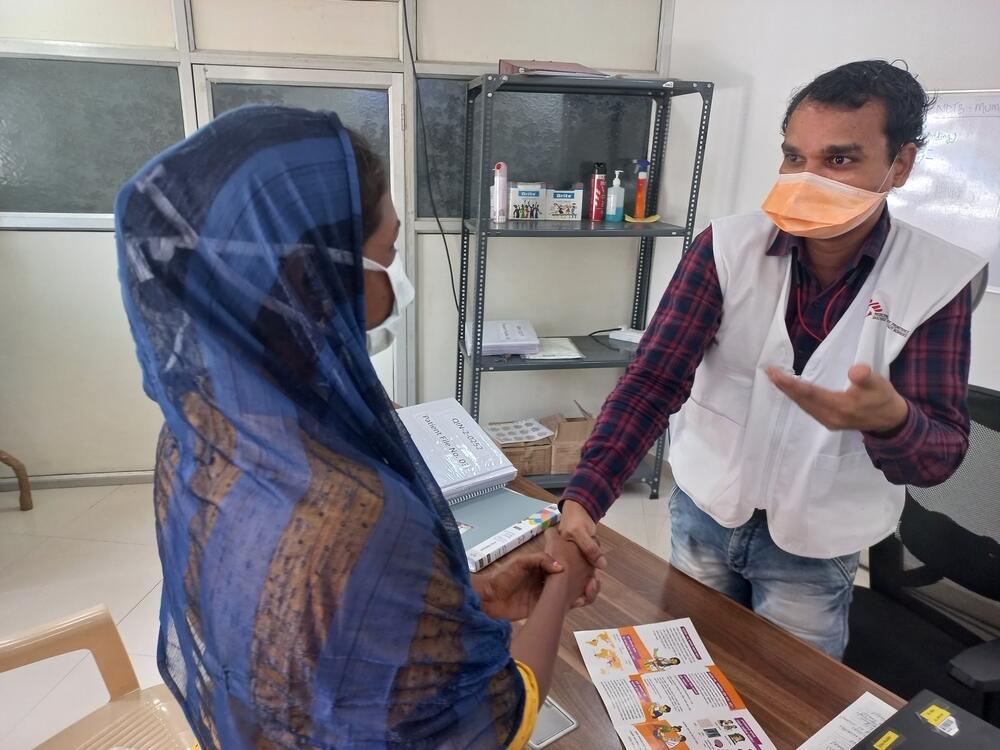London Calling: Recognise research as fundamental to MSF’s social mission
At this year’s MSF Scientific Day in London, our medical directors made a united call: for MSF, and the wider humanitarian sector, to recognise research as fundamental to our social mission.
Their message is clear, in the face of evolving crises and unprecedented need, evidence must guide our response. Read the comment published in The Lancet Global Health: "Evolving crises and unprecedented need: research on health in humanitarian settings must not be overlooked."
This call to action is part of an MSF UK-led initiative known as London Calling, launched to reaffirm the role of research in shaping better care, smarter responses, and a more accountable MSF.
London Calling urges MSF to recognise our research as a fundamental part of our social mission
1. Supporting participation in and access to research
MSF Scientific Days calls on MSF leadership to recognise the imperative to support our teams and communities to participate in and have access to research: to improve the quality of care they receive, to enable adaptation of projects, to stimulate improvement in the delivery of interventions, and to inform humanitarian practice and policy, especially where there is no other organisation to address those knowledge gaps.
All too often, the populations we work with are excluded both from contributing to the generation of knowledge and evidence, and from the benefits of research. Yet, they are the ones that should gain the most.
2. Duty to research stewardship
MSF Scientific Days calls on MSF to recognise our duty to research stewardship. We must justify every research initiative within our projects, but once these projects have commenced, we should recognise that we also have an ethical duty to complete the research to the best of our ability, provided the circumstances allow.
Our research work must be treated with appropriate respect, given the needs that it addresses. Research is not a 'nice to have' but a vital and integral part of our operations and our mission.
As such, we must not embark on research lightly, but we must instead invest in meaningful research that is aimed at driving operational change and improving the health of the populations we stand alongside.
3. Being better research partners
MSF Scientific Days calls on MSF colleagues to recognise we must commit to being better research partners but also call to research partners to work with us.
We entreat other NGOs, funders, and academic institutions to focus their energies and resources on answering questions relevant to humanitarian settings that have been too long ignored or avoided.
As we see from the presentations at MSF Scientific Days, addressing these knowledge gaps can and does make a difference including guiding decisions as to when interventions or responses can be triggered for conflicts, nutritional crises or epidemics.
It is our duty to be guided by the communities involved, to bear witness to their needs and experiences, and to work collectively and collaboratively with them as well as with academics and operational partners to address these gaps.
To not do so would be shortsighted, leave us all unprepared for the challenges ahead, and perpetuate the power imbalances inherent in the humanitarian field today.
